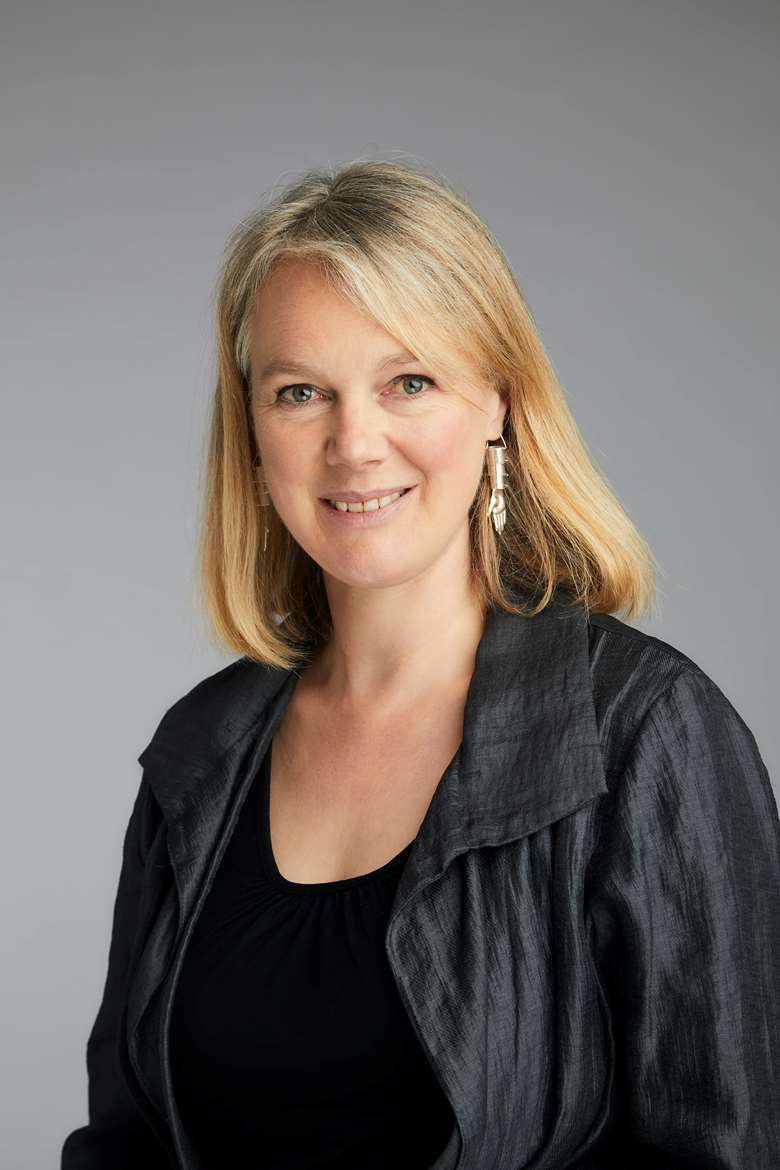Venus Unwrapped: Kings Place's game-changing season
Andrew Green
Thursday, November 19, 2020
As Kings Place's Venus Unwrapped series wins an RPS Award, we remember the moment Helen Wallace, artistic director at the venue, won an ABO Award earlier this year.


Register now to continue reading
Don’t miss out on our dedicated coverage of the classical music world. Register today to enjoy the following benefits:
- Unlimited access to news pages
- Free weekly email newsletter
- Free access to two subscriber-only articles per month